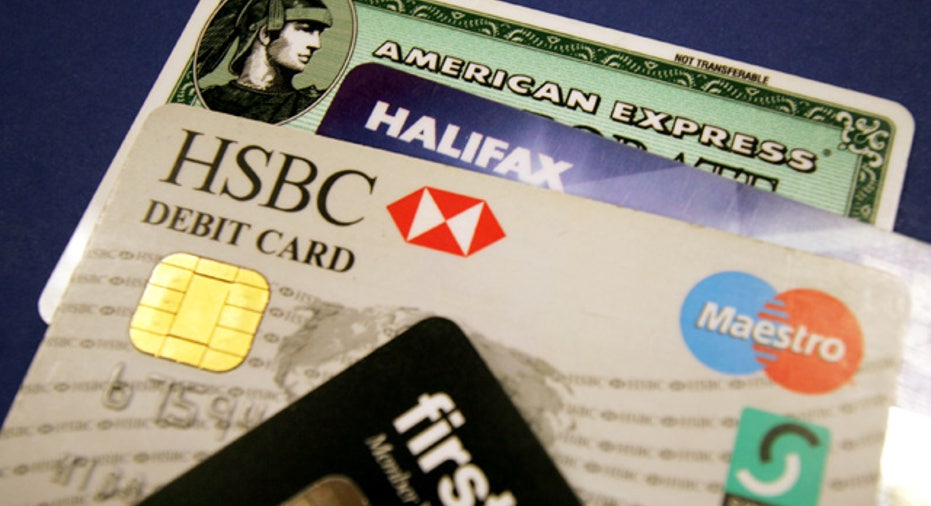Consider Your Credit When Pursuing Card Sign-up Bonuses

Dear Cashing In,
I am considering opening a new line of credit to take advantage of frequent flier sign up bonuses. My existing credit card has a $1,500 limit. My options are as follows:
1. Open new card with a limit possibly close to $6,000 and keep my existing card (cardholder since 2001).2. Open new card with a limit closer to $7,500 and cancel my existing card.
Which option has the greater negative impact on my credit score? Does starting credit level have any impact in conjunction with this type of activity?
Also, the new card has an annual fee. What are the credit score implications of closing the new card after 11 months or so and signing up for another card (different company) with roughly the same limits?
-Adam
Dear Adam,
It sounds like you have the perfect opportunity to improve your credit score and set yourself up for travel rewards at the same time.
As for the choice between the two options you've described, I would probably choose the first one. That option allows you to take advantage of the sign-up bonus rewards and the increased credit limit of your new card, while still holding onto your old card. That last point is important because canceling your oldest credit card will, in the long run, shorten your overall credit history -- and length of credit history is a major factor in the way FICO calculates your credit score. The longer you've managed credit well, the more likely you are to manage it well in the future, at least according to FICO's scoring formula.
There may be a third viable option as well. Get a new card, but also consider asking the issuer of your current card for an increased credit limit -- assuming you feel comfortable with having that extra credit. If you qualify for a credit card with a $6,000-$7,500 limit, it's possible that your current issuer would be willing to increase your limit substantially if you ask. You could even tell them flat-out, "I've got an offer from another credit card company for a card with a $6,000 limit" and then ask if they'd be willing to match that to keep a bigger chunk of your business. If they say, yes, then your credit score could improve even more.
Why would it improve? The biggest reason is that you'd be using a much smaller portion of your available credit. The percentage of debt that you hold compared to your credit limit is called your credit utilization rate. For example, if you have $10,000 in credit limits and $5,000 in debt, your utilization is 50 percent. Lower that debt amount to $3,000 and the rate falls to 30 percent.
Craig Watts, a spokesman for FICO, the company behind the well-known credit scores bearing its name, warns that using 50 percent or more of your credit line will damage your credit score. Many experts suggest that you shouldn't use more than 30 percent of your total credit limit. After all, "amounts owed" counts for 30 percent of your overall credit score, and your utilization rate is a big part of that.
There are other factors to consider as well. Any time you acquire new credit, your credit score will take a hit. However, it shouldn't hurt too much and shouldn't last too long. And even your plan -- sign up for a card, get the points, then close the card in 11 months and apply for another new card to get its points -- shouldn't hurt too much. Just don't go crazy with it. Applying for too much credit in too short a time can do extra damage to your score. And if an issuer looks at your credit report and sees a lot of cards that were opened for a year and then closed in short order, it may make them a little leery to lend to you.
Good luck!



















